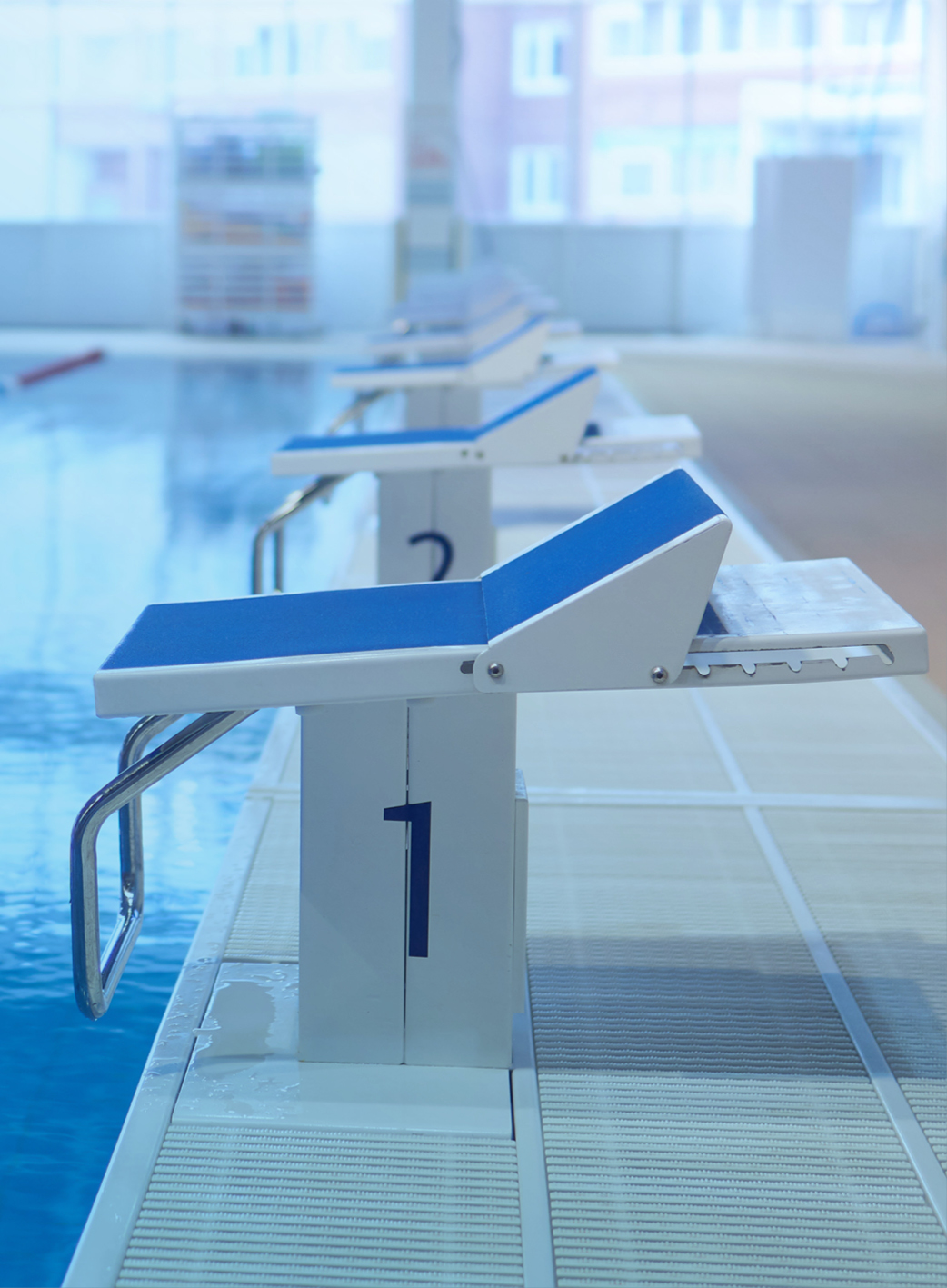
International and Research
The Arbeitsgemeinschaft für Sportpsychologie (asp) and its members are involved internationally in a variety of ways.
The asp is represented as a group member in the European Federation of Sport Psychology (FEPSAC) and the International Society of Sport Psychology (ISSP). There is also an exchange with the North American Society for the Psychology of Sport and Physical Activity (NASPSPA). The asp is regularly represented by many members at international conferences and congresses of these professional societies. In the past (and to this day), asp has also succeeded in sending individual members to the committees of international professional societies.
FEPSAC: With Anne-Marie Elbe (2015-2019), Markus Raab (2019-2022) and Paul Kunath (1983-1991), German sport psychology has already provided a FEPSAC President and two FEPSAC Presidents, and with Bernd Strauß and Erwin Hahn further members of the FEPSAC Presidium. Franzi Lautenbach has been a member of the Managing Council since 2022. Dorothee Alfermann received the Ema Geron Award in 2015 for her special contribution to international sports psychology. Dieter Hackfort was also honoured with the Ema Geron Award in 2024. Karl Feige (1980) and Dorothee Alfermann (2022) were honoured as Honorary Members.
ISSP: With Dieter Hackfort (2005-2009), asp has so far provided one ISSP President. Members of the ISSP Management Council were Dorothee Alfermann and Brigitte Schellenberger as well as Thomas Schack, Dietmar Samulsky, Gerd Konzag, Herman Rieder and Paul Kunath. Dieter Hackfort (2017), Jürgen Nitsch (2005) and Herrmann Rieder (1997) received the Distinguished International Sport Psychologist Award.
The asp supports the Cologne Sport University (Prof.Dr.Dr.Markus Raab) in organising the ISSP conference in 2029.
In addition, individual young scientists are involved in the European Network of Young Specialists in Sport Psychology (ENYSSP) and take part in the regular meetings. Svenja Wachsmuth, Dennis Redlich, Peter Schneider (as President 2015-2019) and Maximilian Pelka are or were active in the ENYSSP Managing Council.
A number of asp members hold various positions on the editorial boards of international journals, e.g. the International Journal of Sport and Exercise Psychology, The Sport Psychologist and Psychology of Sport & Exercise.






![[Translate to EN:] [Translate to EN:]](/fileadmin//04_Forschung/00_Uebersichtsbilder/aspForschung_datenbank.jpg)
![[Translate to EN:] [Translate to EN:]](/fileadmin//04_Forschung/00_Uebersichtsbilder/aspForschung_links.jpg)